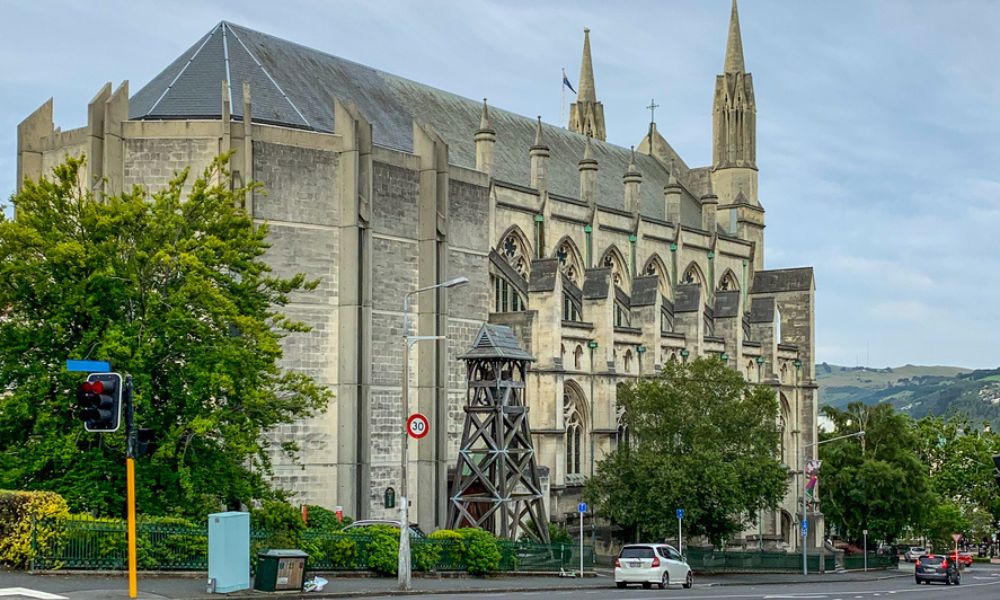Catholic churches weigh high stakes of dropping insurance

Catholic churches weigh high stakes of dropping insurance | Insurance Business New Zealand
Property
Catholic churches weigh high stakes of dropping insurance
Price increase dilemma highlighted
Property
By
Roxanne Libatique
Catholic parishes in New Zealand’s Otago and Southland regions are evaluating alternatives to traditional insurance models amid skyrocketing insurance premiums.
RNZ’s report revealed that the Catholic Diocese of Dunedin, which oversees around 50 churches including the notable St Joseph’s Cathedral in Dunedin, faces potential insurance expenses approaching $250,000 this year.
To mitigate these costs, the diocese is contemplating the creation of a trust fund with an initial target of $1 million. This fund would accumulate contributions equivalent to the diocese’s usual insurance premiums, earmarked for use in disaster situations.
However, it is understood that this amount would not fully cover the replacement of the larger church properties if lost to major disasters. Catholic educational institutions within the diocese will maintain standard insurance coverage.
Catholic Diocese of Dunedin faces consistent increase in insurance costs
Father Gerard Ansley said that the diocese has experienced a consistent annual increase in insurance costs, which surged from $135,000 in 2022 to an estimated $250,000 in 2023. The sharp increase prompted a re-evaluation of how funds are utilised, steering the diocese towards seeking more financially sustainable options.
“We can’t actually afford it. When people give money to the church, they’re really wanting the church to be doing its work, not to be paying insurance,” he told Checkpoint, RNZ’s weekday drive-time news program. “Probably the main driver is that we realised we can’t afford not to insure, but there are other options.”
After thorough research, the diocese acknowledged that even a million-dollar fund would be inadequate to cover all its assets comprehensively.
“It’s not really a self-insurance fund,” Ansley said. “The million-dollar target is, we’re working on the idea that if one of the priest’s homes in an area was destroyed, then that would be enough to replace a priest’s home.
“For most of our churches, we would just look for other alternatives, and maybe the fund could be used for demolition costs. But in almost every case, we would be looking at our church and saying we won’t rebuild, we’ve got another option. A major disaster, of course, we would have to deal with that.”
Ansley said that while the new fund would offer some relief, it wouldn’t apply to diocesan schools, which are legally required to carry traditional insurance. The insurance cost for these schools is even greater, around $300,000 annually.
Consumer NZ investigative team leader Rebecca Styles advised New Zealanders to reassess their coverage and consider the market for more economical options.
“We urge New Zealanders to review their current level of cover, and shop around,” she said. “It’s likely you’ll find a better deal and can maintain some level of protection – which is better than no cover at all.”
Related Stories
Keep up with the latest news and events
Join our mailing list, it’s free!





